Psychiatrist vs. Psychiatric Nurse Practitioner
What’s the difference?
Psychiatric Nurse Practitioners (PNPs) and Psychiatrists are both healthcare professionals who specialize in the treatment of mental health disorders, however they have different educational backgrounds, training, and roles within the healthcare system. Let’s start by reading about the characteristics of a Psychiatric Nurse Practitioner:
Psychiatric Nurse Practitioner (PNP):
Educational Background: PNPs are registered nurses (RNs) who have completed advanced education and training to become nurse practitioners. They typically hold a master's or doctoral degree in nursing, with a specialization in psychiatric or mental health nursing.
Scope of Practice: PNPs can provide a wide range of mental health services, including assessing, diagnosing, and treating mental health conditions. They can prescribe medication, offer psychotherapy and counseling, and provide patient education and support.
Collaboration: PNPs often work in collaboration with other healthcare professionals, such as physicians and therapists, to provide comprehensive care for their patients.
Focus: PNPs often have a holistic approach to mental health care, considering not only the biological aspects but also the psychological, social, and environmental factors influencing a patient's well-being.
Accessibility: PNPs can help address shortages in mental health care by providing a more accessible point of care in various healthcare settings.
Psychiatrist:
Educational Background: Psychiatrists are medical doctors (MDs) or doctors of osteopathic medicine (DOs) who have completed medical school and specialized training in psychiatry during their residency. This typically involves four years of medical school followed by four years of psychiatric residency training.
Scope of Practice: Psychiatrists are licensed to diagnose and treat mental health conditions and disorders. They can prescribe medication, offer various forms of psychotherapy, and provide a broad range of medical treatments.
Autonomy: Psychiatrists have the authority to work independently and provide a wide spectrum of psychiatric care. They are often sought for complex or severe cases.
Focus: Their training includes a strong emphasis on the biological aspects of mental illness, allowing them to consider pharmacological treatments alongside other forms of therapy.
Expertise: Psychiatrists are considered the primary mental health care specialists, especially for patients with severe and complex mental health conditions. They often serve as consultants or leaders in the mental health field.
While both psychiatric nurse practitioners and psychiatrists are qualified mental health professionals, there are differences in their education, scope of practice, and focus. PNPs offer valuable mental health services, including medication management and psychotherapy, often working in collaboration with other healthcare providers. Psychiatrists, on the other hand, are medical doctors with a broader scope of practice, including the ability to diagnose complex conditions and provide a wider range of treatments. The choice between the two depends on the individual's needs and the complexity of their mental health condition.
